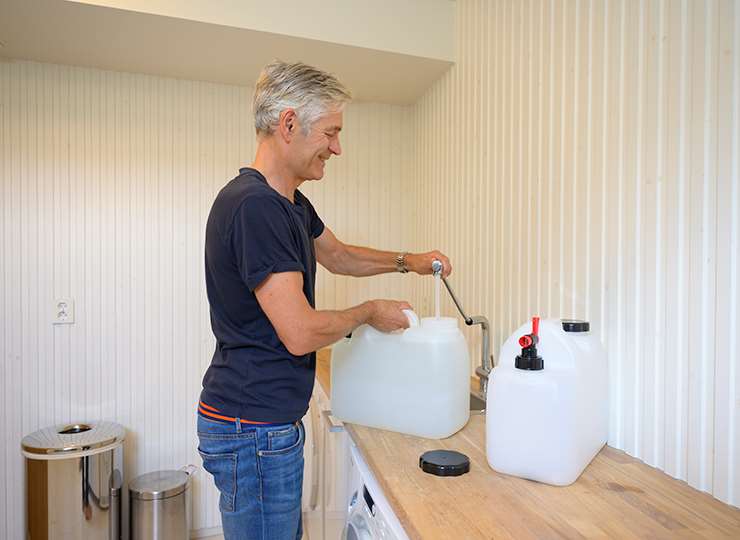
Food you should keep in the house in the event of an emergency
In an emergency situation, you may not be able to shop for food in the store as normal. Therefore you should keep enough food in your home for everyone for one week.
Advice concerning food
- Make sure to keep a little extra of the food you normally eat. If you shop before you have run out you will always have an extra store.
- Keep extra food products with a long shelf life that can be stored at room temperature. Good examples are crispbread, oatmeal, canned pulses and beans, canned cold cuts, energy bars, dried fruit, chocolate, honey, biscuits and nuts.
- Examples of food with a long shelf life that require heating are pasta, rice, soup packets, flour, canned meals and freeze-dried foods.
- If there are foods that persons in the household cannot tolerate or depend upon, you must include this in your plan.
- If you intend to prepare food on a camping stove, gas stove or grill, you should regularly check that the equipment functions and is in good condition.
Think about how you would prepare food if the electricity or water supply should fail.
Many of us already have most of what we need to be able to manage for a few days, so often there is not much more to do to become fully prepared.
Tips in the event of a power cut
In the event of a power cut, it is a good idea to use the food with the shortest shelf life first, such as refrigerated and frozen products.
Remember that food in the freezer can spoil if the power failure lasts for a long time. Here you will find some tips on how you can keep your freezer cold as long as possible.

